PROSPECTUS
SANASE is a legal (juristic) entity and is registered with the Department of Social Development as a Non-profit Organization [NPO 016-951]. Membership is open to all School Governing Bodies of schools for specialized education, mainstream schools with special education sections, full-service schools, resource centres and institutions for special education. Each province has its own provincial SANASE structure.
In 1997 there were two bodies representing special education – the Principal’s Forum [representing the principals of special schools] and SANASE [representing the SGB’s of special schools]. The Management Committees of these organizations met and came to the conclusion that, although they represented two areas of the special education sphere, they had much in common. After having had both their AGM’s on the same date and at the same venue, it was decided, at a joint meeting, that the two Management Committees should investigate amalgamation. They held several meetings and at the joint AGM, held from 26-28 August 1998 in Kuilsrivier, it was unanimously decided that the two organizations amalgamate under the name of SANASE.
To act as a mouth-piece and channel for negotiation between SANASE on the one hand and the relevant Education Departments and/or the responsible Minister/s on the other hand whenever joint action is expedient to promote mutual interests.
• To strive for and maintain statutory recognition of its existence and functions and to gain on behalf of learners with special education needs, representation in relevant statutory bodies in order to state its views, make necessary inputs, keep abreast of latest trends in education and to obtain reports and resolutions.
• To promote the interests of learners with disability who are in need of special education to enable them to reach optimal independence and responsibility.
• To promote and co-ordinate all facets of the education of learners with special education needs.
• To strive for retaining the identity of the education of learners with special education needs as a specialized and justifiable education.
The National Executive Committee (NEC) is elected at the National Annual General Meeting once every three years. The NEC’s term of office will co-inside with the term of office of School Governing Bodies of public schools in the RSA. Each Province has a Provincial Committee (PC) elected at a Provincial meeting. The NEC, together with the Provincial Chairpersons, forms the National Council (NC). The National Council (NC) is the National decision-making body of SANASE.
SANASE serves the interest of all learners in special schools, mainstream schools [with sections for special education], full service schools, resource centres and institutions for special education through their School Governing Bodies.
SANASE is acknowledged by the National Ministry of Education as the body representing special education in special and mainstream schools. As an organisation, SANASE has played an important role over the years to address some of the critical areas in Inclusive Education as part of a variety of committees and task teams:
- As a result of recommendations at national level, the Directorate for Inclusive Education was established.
- SANASE is a member of the NCF [National Consultative Forum] where the National Department of Basic Education meets the School Governing Body Associations on a regular basis.
- SANASE was part of the national committee that drew up the Guidelines for SGB Elections.
- SANASE formed part of the National Conference on Inclusive Education where members of the then Management Committee served on different commissions regarding the development of Education White Paper 6.
- Members of SANASE serve on different commissions of the NCSNET and NCESS. Through them valuable inputs were made in the report “Quality Education for All: Overcoming Barriers to Learning and Development”. After publication of this document, SANASE made new inputs and many of its recommendations were taken up in the final White Paper 6 – “Building an Inclusive Education and Training system”.
- SANASE was central in negotiations in the publication of White Paper 6 “Building an Inclusive Education and Training System”.
- With regard to the National Directorate for Inclusive Education, SANASE is also welcomed by the Director. Problems experienced in provinces are brought directly to his attention.
- SANASE made inputs to the National Department of Education and later the Department of Basic Education with regard to SGB training, review of the staffing formula of special schools, inputs for Education White Paper 6, curriculum development and adaptation, as well as legislation.
- SANASE has hosted various workshops over the years to improve Inclusive Education such as the FET workshop in partnership with the Western Cape Education Department, workshops for principals and chairpersons of SGB’s of schools for the Deaf and Blind, schools for SMH and multi-disabled learners, schools for physically disabled learners, schools for autistic learners and schools of industry. Advisory committees for the different disability groups were appointed and tasked to compile a report on workshop resolutions that was submitted to the Minister of Education.
- Meetings were held with high ranking officials and politicians in education such as Ministers of Education, Deputy Ministers of Education, Directors General of Education and Chief Directors & Directors responsible for Inclusive Education.
- Provincial representatives handled a number of Inclusive Education issues in their respective provinces and liaised with their respective Provincial Education Departments.
- Various Task Teams were appointed over the years that worked collaboratively on various aspects pertaining to Inclusive Education such as the Curriculum Committee of the MMH group, the SID Curriculum Task Team, the FET Task Team, Hostel Policy Task Team.
- SANASE is represented on various structures of the Department of Education such as the National Consultative Forums, Quality Learning and Teaching Campaign, the SA Council of Educators (SACE) Reference Group and Sports Bodies etc. where valuable inputs are made on critical matters pertaining to Inclusive Education.

WELCOME ADDRESS F. MASHAPHU SANASE PRESIDENT
Dear Members of SANASE, As we embark on another promising school year, I extend my heartfelt welcome to each of you. Together, we stand at the threshold of new opportunities and possibilities, ready to shape the future of education. May this year be one of growth, achievement, and collaboration, where every learner’s potential is nurtured and every staff member’s dedication is appreciated. May 2025 be a prosperous year filled with success and accomplishment for all our stakeholders.
- EDUCATION IS THE PASSPORT TO THE FUTURE FOR TOMORROW BELONGS TO THOSE WHO PREPARE FOR IT TODAY
A WORD OF WELCOME By SANASE President Fanie Mashaphu

Sanase Annual 27 National Conference 2025 Provincial Team from KWAZULU NATAL

Sanase Annual 27 National Conference 2025 Provincial Team from LIMPOPO

Sanase Annual 27 National Conference 2025 Provincial Team from GAUTENG

Sanase Annual 27 National Conference 2025 Provincial Team from NORTH WEST

Sanase Annual 27 National Conference 2025 Provincial Team from MPUMALANGA

Sanase Annual 27 National Conference 2025 Provincial Team from EASTERN CAPE
S A N A T I O N A L A S S O C I A T I O N F O R
S P E C I A L E D U C A T I O N

NEWSLETTER aUGUST/ SEPTEMBER 2025
SANASE NEWSLETTER
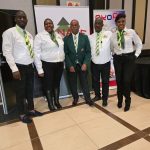

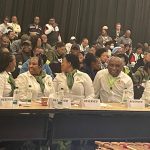
![O[]](https://www.sanase.org/wp-content/uploads/2024/09/O-150x150.jpeg)
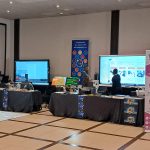


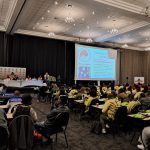
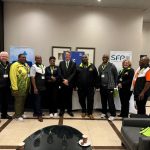

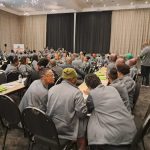
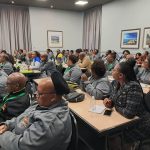

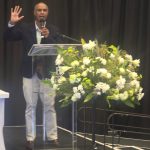
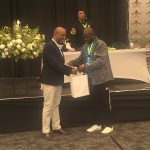
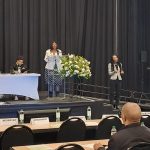
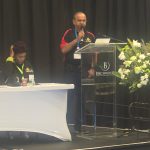


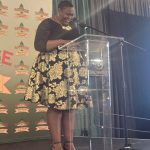

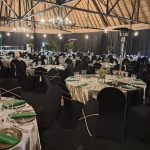
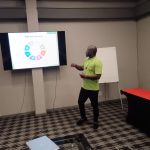
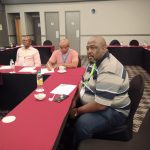
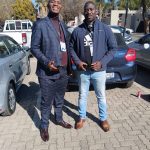
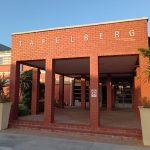
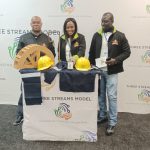
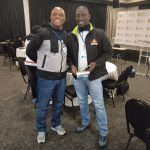

EASTERN CAPE
082 941 1811


GAUTENG
0824418335

GAUTENG
0824418335
- Phone:+1 (859) 254-6589
- Email:info@example.com

FREE STATE
- Phone:+1 (859) 254-6589
- Email:info@example.com

KWAZULU NATAL
082 693 0281

KWAZULU NATAL
082 693 0281
- Phone:+1 (859) 254-6589
- Email:info@example.com

LIMPOPO
082 744 9059

LIMPOPO
082 744 9059
- Phone:+1 (859) 254-6589
- Email:info@example.com

MPUMALANGA
060 346 0133

MPUMALANGA
060 346 0133
- Phone:+1 (859) 254-6589
- Email:info@example.com

NORTHERN CAPE
- Phone:+1 (859) 254-6589
- Email:info@example.com

NORTH WEST
0631681487

NORTH WEST
0631681487
- Phone:+1 (859) 254-6589
- Email:info@example.com

WESTERN CAPE
083 741 8661

WESTERN CAPE
083 741 8661
- Phone:+1 (859) 254-6589
- Email:info@example.com
LIMPOPO
- Phone:+1 (859) 254-6589
- Email:info@example.com
Capacity building for Provincial Executive Committees



Capacity building in KZN



MPUMALANGA CONFERENCE 2025


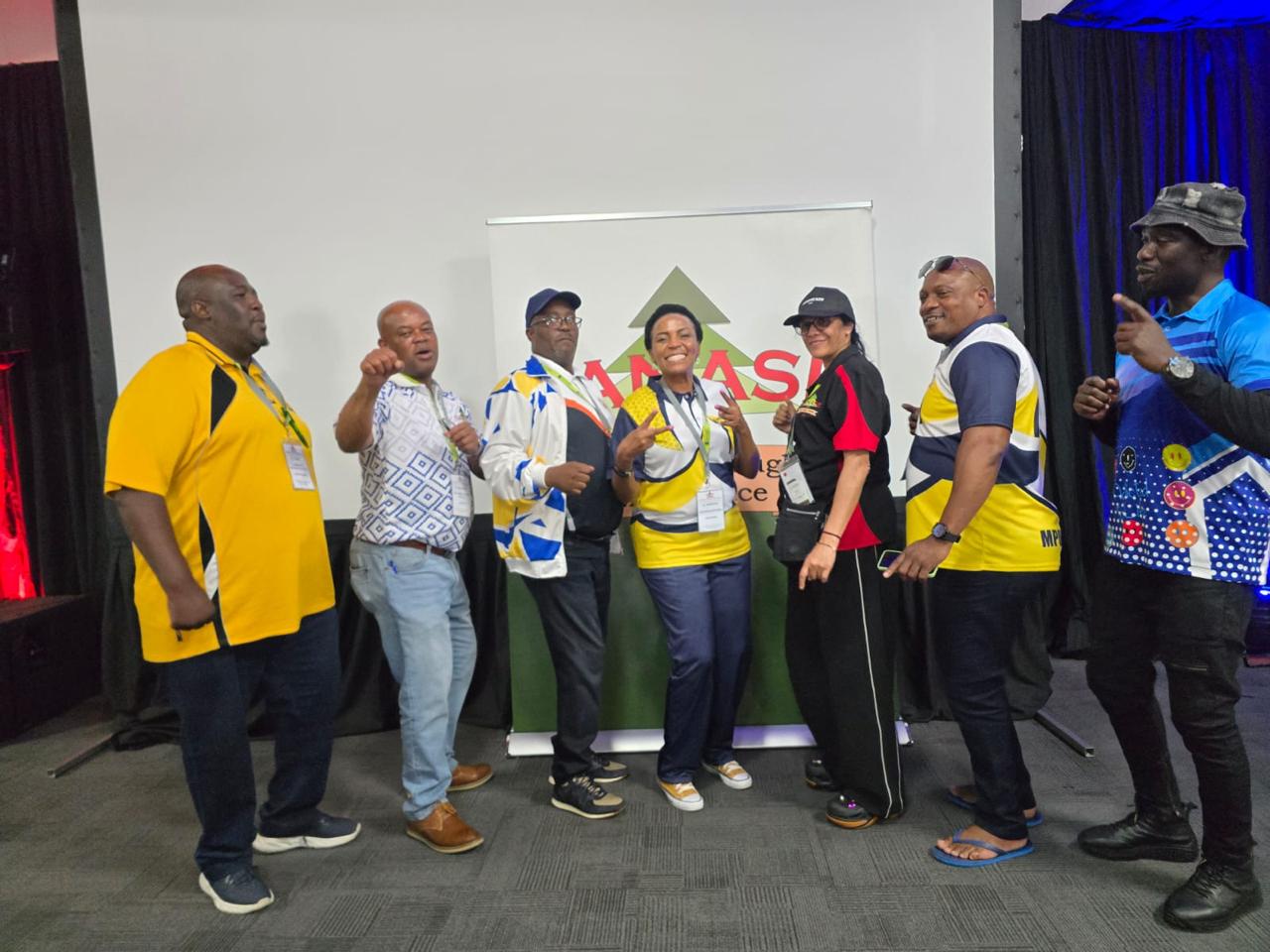
The DBE continues to make significant progress in terms ofmobilising various education stakeholders in improving Inclusive Education in SouthAfrica. Minister ofBasic Education,MrsAngie Motshekga,congratulated thenewly elected Chairperson of SANASE and commended the organisation for doing sterling work in addressing challenges relating to learning barriers across all nine provinces. Speaking during the SANASE Conference for Special Education held in Sun City In the North-West Province recently, Minister Motshekga said that the role of education managers had always been about laying a solid foundation for all South Africans to have access to basic education and training of the highest quality by 2030.
This occasion is central to the sector’s work because It discusses inclusivity in basic education. which we know is linked to the universa right to education. The Minister further indicated that the basic education sector has made significant strides in its mission to build an inclusive education and training system. ·1honestly, convey my appreciation for the support received by SANASE and its siste organisations to realise the right of everyone to equitable access to basic education. I thank you for focussing your energies on the mos vulnerable learners, those with special education needs. The partnerships we share with various organisations are central to the success of our vision of ensuring that no child is left behind. Since the adoption of Education White Paper 6 in July 2001 on Inclusive Education. we have more than doubled the number of learners with special needs who have access to basic education. We call for out-of-school youth with special educational needs to re-join the basic education sector. Our call to bring everyone on board aligns with the 2030 UN Agenda for Sustainable Development and Agenda 2063: The Africa We Want. These two policy initiatives provide a robust framework for ensuring inclusive growth and sustainable development as a precursor toindusive economic growth. We must be intentional about providing equa opportunities for an: explained Minister Motshekga.
The Minister emphasised that the DBE and the private sector shOuld continue to cooperate to ensure that learners with special needs were fully supported. “Globally, more than a billion people live with some form of disability, of whom approximately 200 million experience some form of difficulty In functioning. In the same breath, although rigorous interventions nations embark on, people with disabilities in particular. often have poorer access to health. education, and economic participation. They are also exposed to a higher degree o vulnerability to violence and a lack of opportunities than people without disabilities. These vulnerabilities, including sexual violence, are often more pronounced in developing contexts, such as ours, where socio-economic complexities remain a significant concern. The White Paper enjoined us to conduct a nationwide advocacy campaign to popularise the prescripts of the policy, whieh we have done well. Secondly, it directed us to mobilise out-of-school children and youth of school-going age to take up their right to basic education The report. outlined at the 2021 National Inclusive Education Summit. revealed that 137,332 and 121,461 learners, compared to 64,000 and 77,000 in 2002. are enrolled in special and ordinary schools, respectively. Thus, we have a dedicated capacity in all nine Provincia Education Departments (PEDs) to manage Inclusive Education guided by Basic Education experts based in Pretoria. For instance. we have established District-Based Support Teams and School-Based Support Teams to coordinate inclusive education support services fo teachers and learners. As a collective. these professionals advance the ideal of Inclusive Education, share best practices and craft and monitor implementation plans for the sector”.
Conference gallery
DON'T MISS





















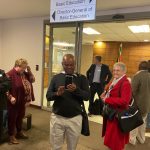

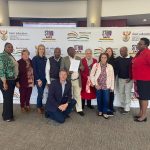





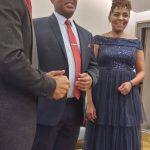
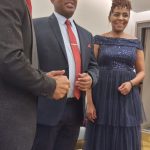



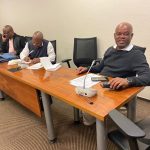
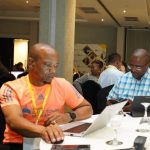
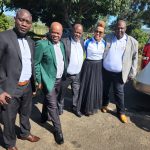
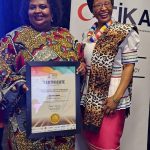







































SECURE PAYMENTS | ALL MAJOR CARDS ACCEPTED

On payment of the registration fee the following documents will be
emailed to you:
❑Invoice
❑Membership certificate






















